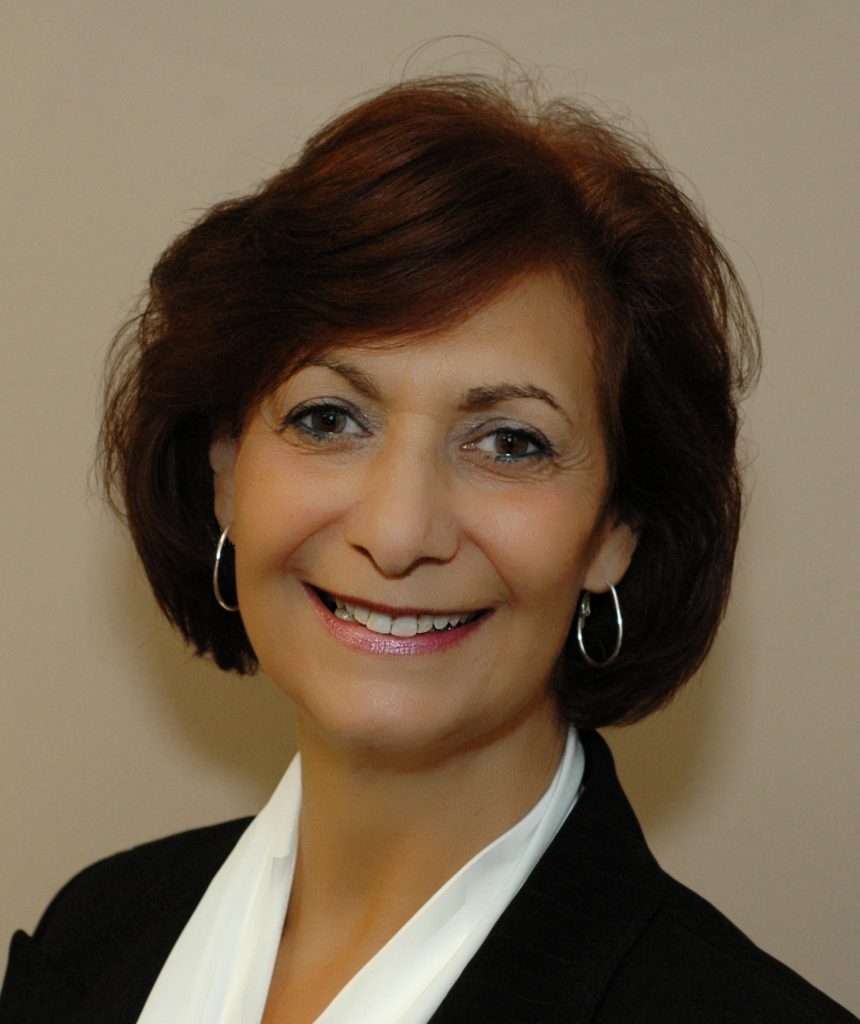Purim: The Holiday of Masks – Am I Wearing One?
Posted in AJFS Featured Articles, General | Tagged in #jewishfamilyservice, #purim:The Holiday for Masks, #purimmasks


This article was contributed by: Olivia Tartakow, LCSW, M.ED, Director of Community Directions at Alpert Jewish Family Service
Masks are a key symbol of Purim. However, we all wear masks at various times throughout the year. We have different roles, and the roles we play may determine what kind of mask we wear at different times. It’s part of being flexible and knowing when a mask is appropriate, and which mask fits the situation. Healthy behavior is when we’re conscious of the mask we’re wearing. Unhealthy behavior may be when we’re unconscious that we’re even wearing a mask.
When we use a mask unconsciously, the mask may suggest we’re trying to be someone we aren’t, either to impress or deceive others – or ourselves. We wear masks for others; however, masks generally have nothing to do with other people, as much as with our perception of ourselves, and how we think the world sees us. The mask can also be used as a way to hide our true feelings and emotions, and/or to make others feel better.
What are some of the masks we wear? Do we wear an angry mask to protect ourselves? Do we wear a happy mask to hide our sadness? Do we wear a perfection mask to conceal any of our self-perceived flaws or weaknesses? Or, do we wear an appropriately functional mask? When we unconsciously use a mask as a defense mechanism, we run the risk of preventing authentic interactions, and some of the ways we may do that follow, below:
The Angry Mask
Emotionally sensitive people who use the Angry Mask are often lonely and may feel worthless on the inside. It provides some emotional protection in the short-run, but the cost of wearing this mask is high. When we wear an Angry Mask, we may distance ourselves and miss opportunities for healthy relationships by pushing others away. Anger can keep people away from us and protect us from feeling vulnerable. It can feel more powerful than hurt, fear or sadness, and may be used to avoid these painful feelings. Angry people cover up their sensitivity in a way that few people guess that they’re sheep dressed in porcupine quills.
The Happy Mask
Another way of protecting ourselves is to wear a Happy Mask and behave as if everything is okay when it isn’t. We don’t allow anyone to know we may be struggling. We sometimes learn from our family culture that exhibiting sadness in public isn’t permissible and, therefore, put on our Happy Mask. This mask can conceal family problems, including mental illness, financial struggles, addiction problems, familial estrangement – anything less than what’s perceived to be functioning on a high level. We don’t share our trouble; we don’t want to burden others with our problems. We may feel that if we talk about it, it’ll make it worse. As a result of not sharing our true feelings, and not being authentic, we may become lonely, depressed, and isolated.
The Perfection Mask
Sometimes we wear the Perfection Mask because we’re so self-critical that we don’t want to run the risk of exposing our self-perceived vulnerabilities to others, or show them how inferior we may feel. We think we need to protect ourselves from others’ judgments, fearing we’ll exposure our weaknesses, we won’t be good enough, and/or don’t belong.
The key to healthy interactions is to be conscious of what masks we’re wearing, why we’re wearing them, and if they’re appropriate to the situation. When we’re conscious of which mask we’re using, then we can be aware of what our role is in a particular situation.
It’s not so bad to wear a mask, just know why.
Olivia A. Tartakow, LCSW, M.Ed, is the Director of Community Directions at Alpert Jewish Family Service and has served the Agency for 27 years. Olivia leads the Chai Line, which provides confidential assessments, information and referrals over the phone. Alpert JFS’ Information, Assessments &Referral department is staffed by Master’s level professionals who have in-depth knowledge of child, adult and senior issues. Callers are able to get assistance with issues such as counseling needs, psychiatric support, senior services and reliable information about other health and human services in our community for those in need. Our I&R services are available by calling 561-684-1991.
Leave a Reply